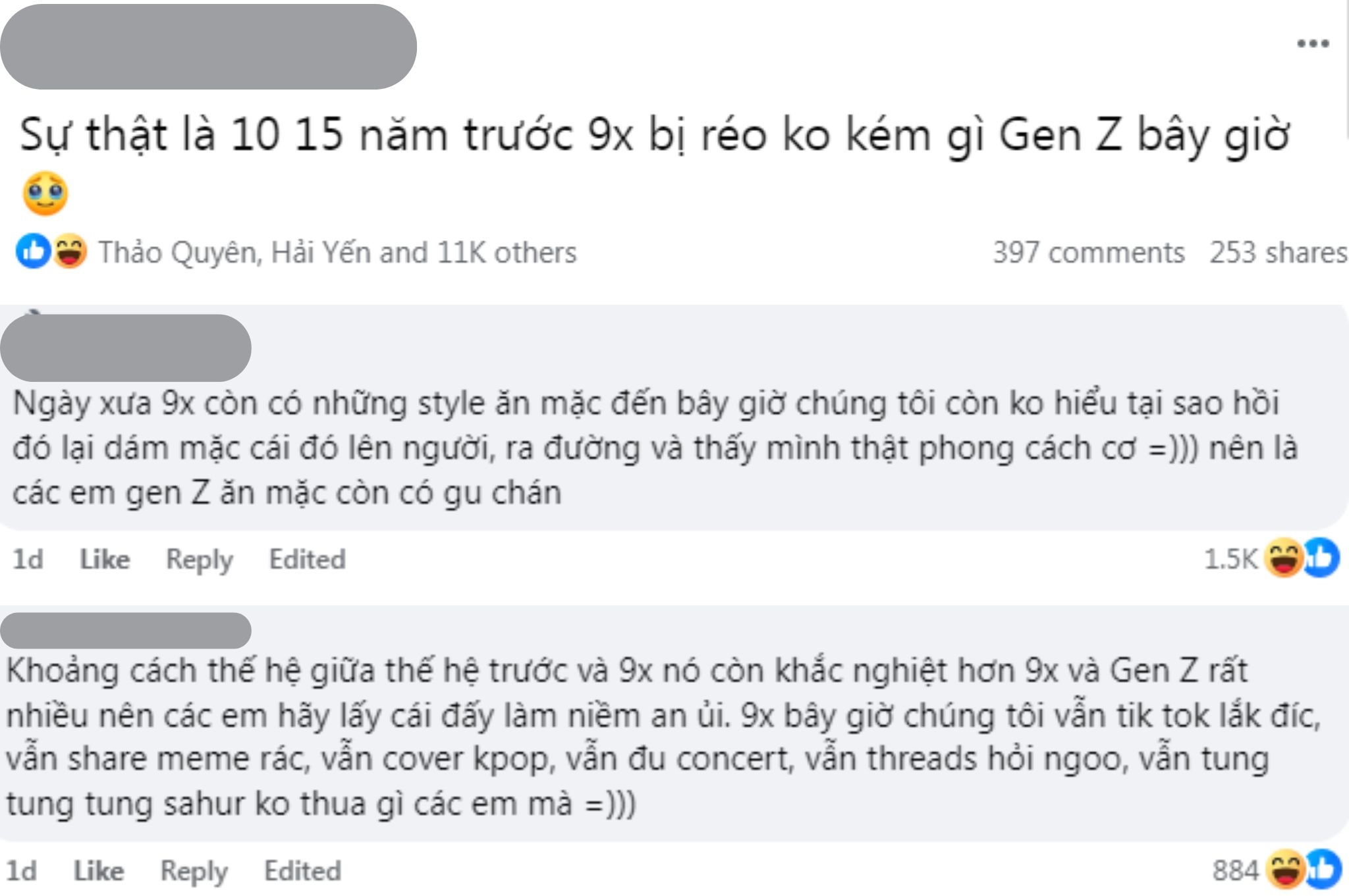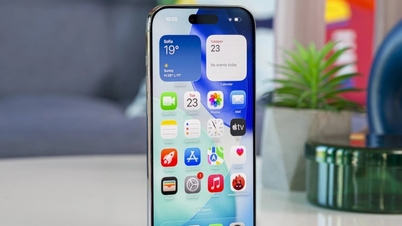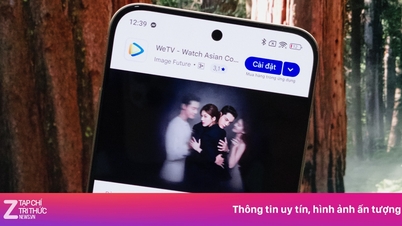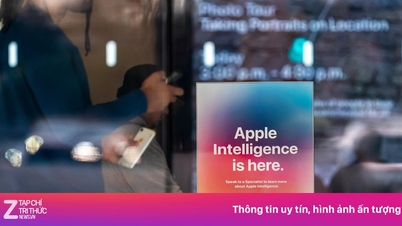 |
Brainrot content becomes an online game. Photo: Roblox . |
Brainrot is a phenomenon where internet users are drawn to nonsensical, absurd, but extremely addictive content, such as sharks wearing sneakers or elephants mixed with cactus. Despite having no clear value, this type of content has gone viral due to its weirdness and accessibility, to the point that Oxford has chosen it as “Word of the Year 2024”.
On social media, a debate is raging, largely between Gen Z and Gen Alpha, with both generations making their views clear about the content they consume.
Many studies have shown that continuously viewing this content will lead to loss of memory, concentration and affect mental health. However, if viewed from the perspective of entertainment and culture of each generation, brainrot deserves the criticism.
Boycott wave from Gen Z
On social media, especially TikTok, the trend “Propaganda I'm not falling for” is gaining a lot of attention from young people. According to NYT , Gen Z believes that modern society has too many “wrong” things. And this is how this generation reacts to it.
One of the biases is AI-generated brainrot content. Many influencers even highlight this in their videos , creating a heated debate in the comments section.
Previously, many videos from Gen Z creators pointed out the differences between themselves and the younger generation. They said that brainrot content had a big impact on Gen Alpha, leading to a decrease in intelligence and empathy. Some posts in a sarcastic style, for example, children who cannot spell simple words but know the names of characters in the brainrot universe by heart, received a lot of interactions.
 |
Many videos protest the Gen Alpha brainrot trend. Photo: TikTok. |
This backlash is partly due to the culture shock of older generations. Mira Kopolovic, Global Director of Cultural Insights at We Are Social, has analyzed that Gen Alpha is creating new “cultural codes” on social media.
“Gen Z is coming of age. Seeing Gen Alpha replace them as the new generation and what they call youth culture makes them feel disempowered,” she said.
Another reason comes from this generation's own experiences. According to The Guardian , many Gen Zers are hesitant to let their children use mobile phones because of their own negative experiences.
Many young people interviewed said that growing up online has had lasting psychological effects. Social media carries many risks, from exposure to offensive content, to encounters with online predators, to being affected by harmful algorithms.
An online survey by the company reinforced this view, with nearly half of young people saying they would like to live in a world without the internet, and more than 75% admitting that social media makes them feel more negative about themselves.
Time to accept the truth
Yotam Ophir, a professor of communications at the University of Buffalo, explains that the appeal of the trend comes from its absurdity. Creating and understanding the characters gives young people a sense of being “in a game” that adults, especially their parents, cannot understand.
In response, young people say that watching such simple content helps them to quickly laugh and relieve the pressure of life. For them, brainrot is a form of creative expression, becoming a part of the language and culture of their community.
Ms. Kopolovic believes that Gen Alpha is not yet ready to have a profound impact on popular culture. Meanwhile, Gen Z is experiencing existential risk, but lacks the systemic power to create change. Simply put, this generation is escaping the role of “youngest brother,” so they are starting to worry, fearing that the next generation will be a mirror image of themselves.
In fact, every generation has its own cultural differences that they still don’t understand. For those born in the 90s, it’s the unique fashion style or the idol culture that has been the focus of the media.
 |
An opinion about cultural harmony between generations received a lot of interaction. Photo: Facebook. |
According to Thomas Toh of Lil Cactus Consulting, brainrot content is not harmful if consumed in moderation. Social media use will have varying effects on each person.
Therefore, for young people who do not understand the impact of such content, parents and relatives can recommend appropriate phone usage time. At the same time, digital skills education and participation in direct communication activities are also necessary for children, according to experts.
Source: https://znews.vn/vi-sao-noi-dung-ung-nao-nhu-tungtung-sahur-bi-tay-chay-post1556988.html


![[Photo] Prime Minister Pham Minh Chinh chairs the Government's online conference with localities](https://vphoto.vietnam.vn/thumb/1200x675/vietnam/resource/IMAGE/2025/10/5/264793cfb4404c63a701d235ff43e1bd)



![[Photo] Prime Minister Pham Minh Chinh launched a peak emulation campaign to achieve achievements in celebration of the 14th National Party Congress](https://vphoto.vietnam.vn/thumb/1200x675/vietnam/resource/IMAGE/2025/10/5/8869ec5cdbc740f58fbf2ae73f065076)












































![[VIDEO] Summary of Petrovietnam's 50th Anniversary Ceremony](https://vphoto.vietnam.vn/thumb/402x226/vietnam/resource/IMAGE/2025/10/4/abe133bdb8114793a16d4fe3e5bd0f12)

![[VIDEO] GENERAL SECRETARY TO LAM AWARDS PETROVIETNAM 8 GOLDEN WORDS: "PIONEER - EXCELLENT - SUSTAINABLE - GLOBAL"](https://vphoto.vietnam.vn/thumb/402x226/vietnam/resource/IMAGE/2025/7/23/c2fdb48863e846cfa9fb8e6ea9cf44e7)





































Comment (0)